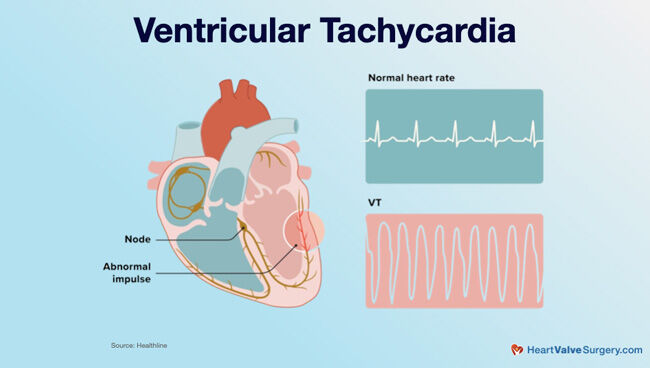“Can Mitral Regurgitation Cause A Stroke?” asks Michael
Written By: Adam Pick, Patient Advocate, Author & Website Founder
Medical Expert: Michael Acker, MD, Chief of Cardiovascular Surgery at Penn Medicine
Published: March 9, 2023
I just received a very interesting question from Michael about mitral regurgitation and stroke.
In his email, Michael wrote to me, “Hi Adam, I am diagnosed with moderate-to-severe mitral regurgitation. I recently had a stroke while on a bike and crashed. The most of obvious causes of stroke have been eliminated. Afib, atrial fibrillation, is a consideration but not proven at this point. Can mitral regurgitation cause a stroke?”
To answer Michael’s question, I connected with Dr. Michael Acker, Chief of Cardiovascular Surgery at Penn Medicine in Philadelphia, Pennsylvania. During his extraordinary career, Dr. Acker has performed over 3,000 heart valve operations. In our community, Dr. Acker has successfully treated Patricia Garcia, Michael Casey, and Theresa Gusset.
Key Learnings About Mitral Regurgitation and Stroke
- Dr. Acker does not believe that mitral regurgitation directly causes stroke.
- However, mitral regurgitation can be associated with atrial fibrillation (AFib), which can cause a stroke, and ventricular tachycardia, another form of arrhythmia in which the lower chamber of the heart beats too fast to pump blood well and the body doesn’t receive enough oxygenated blood.

- According to Dr. Acker, ventricular tachycardia can cause times of loss of consciousness, which could be associated with Michael’s bike crash.
- Dr. Acker suggests that Michael should see a cardiologist to further evaluate his heart function.
Thanks Michael & Dr. Acker!
Many thanks to Michael for his question and a special thanks to Dr. Acker for taking time away from his very busy practice to share these insights. In addition, I’d like to thank Penn Medicine for taking care of so many heart valve patients in our community.
Related Posts:
Keep on tickin!
Adam
P.S For the deaf and hard of hearing members in our community, I have provided a written transcript of my interview with Dr. Acker below.
Adam Pick: Hi, everybody, it’s Adam with heartvalvesurgery.com, and today we’re answering your questions all about mitral regurgitation and stroke. I am thrilled to be joined by Dr. Michael Acker, who’s the chief of cardiovascular surgery at Penn Medicine in Philadelphia, Pennsylvania. During his extraordinary career, Dr. Acker has performed over 9,000 cardiac procedures with more than 3,000 involving heart valve repairs and heart valve replacements. Dr. Acker, it is great to see you again and thanks for being with us today.
Dr. Acker: Always good to see you, Adam.
Adam Pick: Yeah, Dr. Acker, as you know, we’re answering patient questions today, and this one comes in from Michael. He asks, “I am diagnosed with moderate to severe mitral regurgitation. I recently had a stroke while on a bike and crashed. The most of obvious causes of stroke have been eliminated. Afib, atrial fibrillation, is a consideration but not proven at this point. Can mitral regurgitation cause a stroke?”
Dr. Acker: Well, Adam, I don’t believe mitral regurgitation directly causes strokes, but the disease that’s causing the MR, degenerative mitral valve disease, can be associated with not only atrial fibrillation but more concerning arrhythmia such as ventricular tachycardia. Ventricular tachycardia can cause times of loss of consciousness, which could be associated with his bike crash. Yeah, no question he should seek a cardiologist, look into the MR. Don’t ignore it, and also figure out what arrhythmias he might be having.
Adam Pick: Michael, I hope that helped you. I know it helped me. Dr. Acker, thanks as always for taking time away from your very busy practice there at Penn Medicine in Philadelphia, Pennsylvania, and being with us today. Thanks so much.
Dr. Acker: Thank you, Adam.












